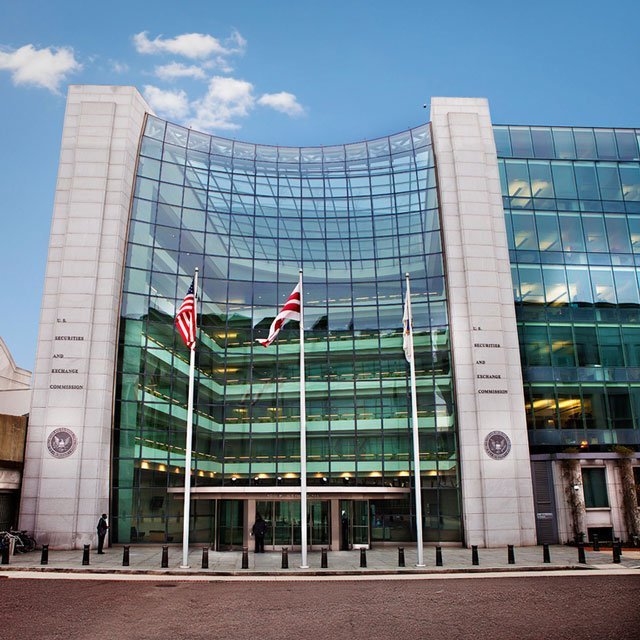SEC Prevails in 12b-1 Fee Case Against Advisory Firm

What You Need to Know
The firm invested clients’ assets in a mutual fund share class charging 12b-1 fees when lower cost shares were available, SEC said.
Ambassador says that the convoluted nature of the issue led the jury to side with the SEC.
SEC is creating new regulation without following the formal rule-making process, Ambassador said.
After an eight-day trial, a jury serving in the United States District Court for the Eastern District of Pennsylvania ruled late Wednesday in favor of the Securities and Exchange Commission against Ambassador Advisors and three of its executives for breaches of fiduciary duties for investing their clients in mutual fund share class that charged 12b-1 fees.
The ruling was against Bernard Bostwick, Robert Kauffman, and Adrian Young and their investment advisory firm, Ambassador Advisors of Lancaster, Pennsylvania.
Gurbir Grewal, director of the SEC’s Division of Enforcement, said Wednesday in a statement that the SEC is “pleased with today’s jury verdict holding the defendants liable for investment advisory fraud. Investment advisers have fiduciary duties to act in their client’s best interest, to seek best execution of client transactions, and to fully and fairly disclose all material facts relating to conflicts of interest.”
When they don’t, Grewal continued, “as the jury found today, they put their clients at risk. That’s why we will continue to pursue investment advisers who breach their fiduciary obligations.”
Ambassador said Thursday that “the SEC statement makes this situation appear to be more inflammatory than it is. The complaint was part of the SEC’s share class disclosure initiative in which many advisory firms across the country settled as a path of least resistance. We were one of the only firms to challenge this SEC initiative of creating new regulation without following the formal rule making process.”
The SEC has continued to bring cases against advisors for 12b-1 fee violations since ending its Share Class Selection Disclosure Initiative in April 2020. Since ending the share class initiative, the SEC has levied what industry officials call, in some cases, follow-on actions to firms that had been under investigation during the initiative.
At least 11 actions related to 12b-1 fees have occurred since the initiative ended, with the most recent taking place in March. That’s when RIA City National Rochdale agreed to pay more than $30 million to settle the SEC charges that it defrauded current and prospective clients through undisclosed conflicts of interest, including 12b-1 fees.
The 11 firms that have come under the SEC’s hammer since the share class selection initiative ended and have been ordered to pay fines are: Kestra Financial, Educators Financial, J.W. Cole Advisors, Voya Financial Advisors, Northwest Advisors, ISC Advisors, Centaurus Financial, Bolton Securities, CapWealth Advisors, O.N. Investment Management Co. and City National Rochdale LLC.
Those actions have centered on firms charging 12b-1 fees when lower-cost share classes of those same funds were available, as well as — in some cases — cash sweep products that likewise resulted in revenue sharing.
More Ambassador-Related Details
Ambassador said in its statement that it has spent the past two years “attempting to put a halt to the SEC Enforcement Division’s program of creating new regulation without following the formal rule-making process.”
The “convoluted nature of this issue led the jury to side with the SEC and find Ambassador (and its owners) liable for violating Section 206(2) of the Investment Advisers Act,” Ambassador said.






